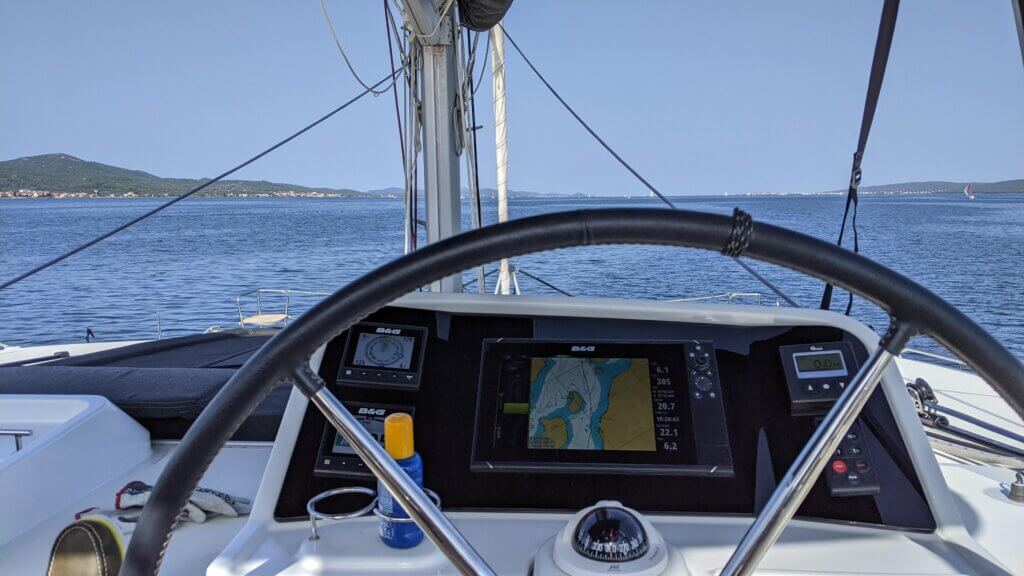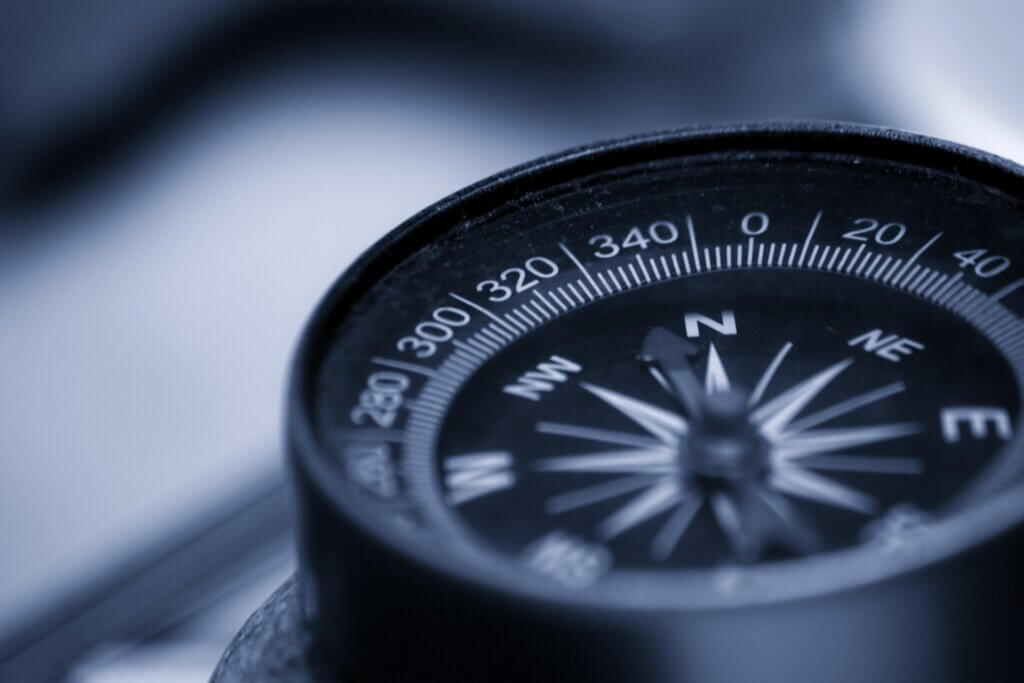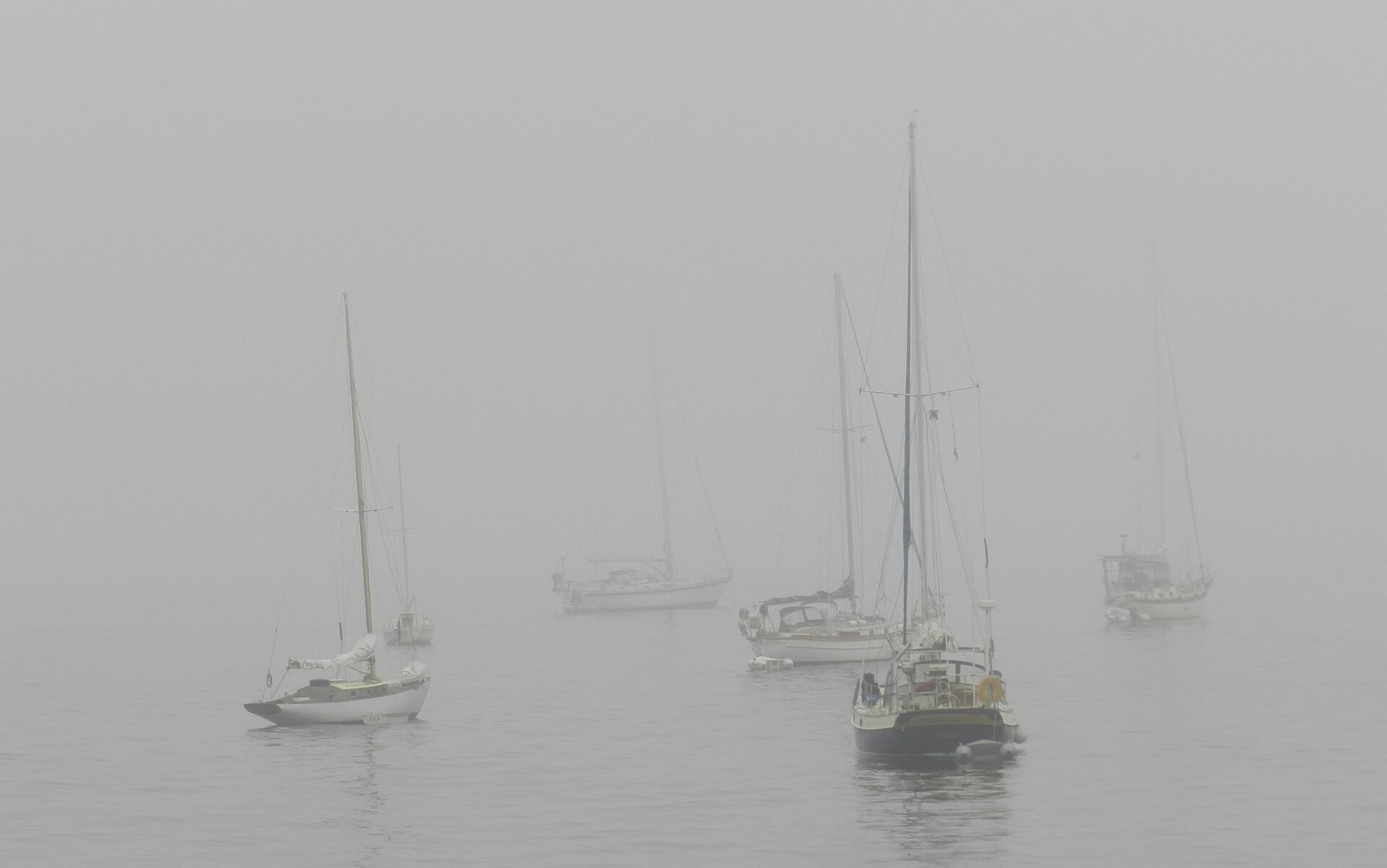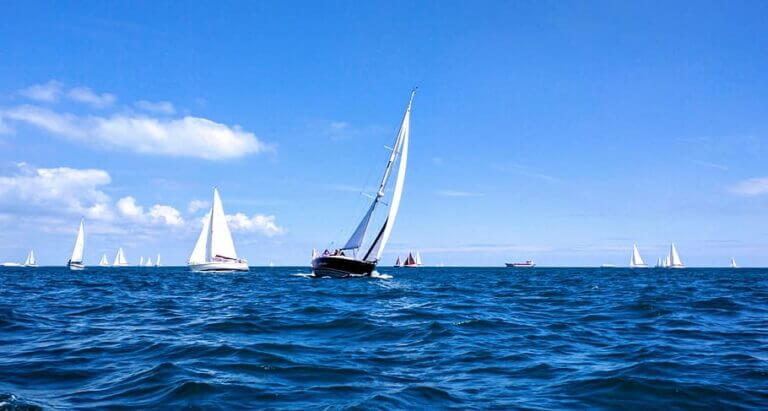9 Essential GPS Navigation Tips for Sailing
Sailing is an exhilarating experience that offers an escape from the hustle and bustle of everyday life. However, navigating the open water can be challenging, especially when it comes to staying on course and avoiding potential hazards. That’s where GPS navigation comes in. GPS technology has revolutionized sailing, making it easier and safer than ever before to navigate the open sea.
In this article, we’ll share with you 9 essential GPS navigation tips for sailing to help you stay on course and enjoy your sailing adventure to the fullest. Whether you’re a seasoned sailor or a beginner, these tips will help you make the most of your GPS device and software, and ensure a safe and enjoyable sailing experience.
Understanding GPS Navigation
GPS navigation is an essential tool for modern-day sailors. It uses a network of satellites in orbit around the Earth to determine your location and help you navigate the open sea. GPS stands for Global Positioning System, and it works by using signals from these satellites to triangulate your position on the Earth’s surface.
To use GPS navigation for sailing, you need a GPS device that can receive these signals and display your position on a map or chart. Most modern GPS devices are handheld or mounted on the boat and come with software that provides a wealth of information about your location, speed, and direction of travel.

The benefits of using GPS for sailing are many. It can help you stay on course and avoid potential hazards, such as rocks, shoals, and other boats. It can also help you navigate through fog, darkness, or other challenging conditions, where visual navigation is impossible.
Overall, GPS navigation for sailing is an incredibly useful tool that every sailor should have in their toolkit. By understanding the basics of how it works and the benefits it provides, you can make the most of this technology and enjoy a safe and enjoyable sailing experience.
Preparing for Your Sailing Trip
Before setting sail, it’s essential to prepare for your journey by using GPS navigation tools. Here are some factors to consider when planning your sailing trip using GPS:
By taking these factors into consideration, you can better prepare for your sailing trip using GPS navigation tools and ensure a safe and enjoyable journey.

Essential GPS Navigation Tips for Sailing
To make the most of GPS navigation tools for sailing, it’s essential to follow these tips:
- Use waypoints and tracks to stay on course:
Set up waypoints along your route to help you stay on course and avoid potential hazards.
Use tracks to record your sailing path and review it later to make adjustments. - Set up alarms and notifications for potential hazards:
Use GPS software to set up alarms and notifications for hazards such as shallow water, buoys, and other boats. - Know how to read and interpret charts and GPS data:
Familiarize yourself with chart symbols and GPS data to understand your location, speed, and direction of travel. - Always carry backup navigation tools:
In case of GPS device failure or malfunction, always carry backup navigation tools such as a paper chart, compass, and binoculars. - Keep your GPS device and software up-to-date:
Regularly update your GPS device and software to ensure the most accurate and up-to-date navigational information. - Use AIS to avoid collisions:
AIS (Automatic Identification System) is a tool that allows boats to communicate their position and other information to each other. Use it to avoid potential collisions. - Understand tide and current information:
Be aware of the impact of tides and currents on your sailing route and adjust your course accordingly. - Familiarize yourself with navigation lights and symbols:
Be aware of navigation lights and symbols used by other boats and follow the rules of the road. - Be mindful of magnetic variation:
Magnetic variation can affect the accuracy of your GPS device. Be aware of it and adjust your navigation accordingly.
By following these essential GPS navigation tips for sailing, you can make the most of your GPS device and software and ensure a safe and enjoyable sailing experience.

Troubleshooting Common GPS Navigation Issues
Even with the best GPS device and software, issues can arise while navigating on the water. Here are some common GPS navigation issues and how to troubleshoot them:

Tips for staying safe in case of GPS failure
By troubleshooting common GPS navigation issues and being prepared with backup navigation tools, you can ensure a safe and successful sailing trip.
Conclusion
GPS navigation is an essential tool for any sailor. It provides accurate and up-to-date navigational information to help you stay on course and avoid potential hazards. By following the essential GPS navigation tips for sailing and being prepared with backup navigation tools, you can ensure a safe and enjoyable sailing experience.
Here are some final tips for ensuring a safe and enjoyable sailing experience using GPS navigation:
By following these tips and making the most of GPS navigation tools, you can have a successful and enjoyable sailing trip while staying safe and aware on the water.
FAQ
Can GPS navigation replace traditional navigation tools such as charts and a compass?
While GPS navigation is an incredibly useful tool for sailing, it should never replace traditional navigation tools. It’s always a good idea to carry backup navigation tools such as paper charts, a compass, and binoculars.
How do I ensure that my GPS device is providing accurate information?
To ensure that your GPS device is providing accurate information, make sure that it’s up-to-date with the latest navigational information. Always double-check your coordinates and use paper charts or other backup navigation tools to cross-check information.
What should I do if my GPS device malfunctions?
If your GPS device malfunctions, try resetting it and checking the battery life and power source. If the issue persists, use your backup navigation tools to continue navigating.
How important is it to understand tide and current information when sailing with GPS navigation?
Understanding tide and current information is essential when sailing with GPS navigation. Tides and currents can significantly affect your speed and course, so it’s important to adjust your navigation accordingly.
Can GPS devices work without an internet connection?
Yes, GPS devices can work without an internet connection. They use signals from satellites to determine your location and provide navigational information. However, some GPS software may require an internet connection to access additional features such as weather forecasting.







